Chapter 12
The Council provides recommendations to the State Treasurer on the implementation of the state’s Chapter 12 program, that provides critical funding for the facilities needs of Community Colleges.
Find your community college
The Council provides recommendations to the State Treasurer on the implementation of the state’s Chapter 12 program, that provides critical funding for the facilities needs of Community Colleges.
About
About
State funding for certain capital projects at New Jersey’s community colleges is supported by the Chapter 12 program. Public Law 1971 Chapter 12 established a self-renewing capital funding program for Community Colleges. Under the program, counties issue bonds for new construction, acquisition, expansion or capital renewal and replacement (CRR) and the state shares the debt service equally with the counties. As the bonds are retired, authorization to allocate funds is renewed.
The New Jersey Council of County Colleges has the statutory responsibility to annually submit to the State Treasurer a Chapter 12 recommendation for New Jersey’s Community Colleges. The recommendation is the product of two variables – the aggregate amount of funding available for that fiscal year, as specified by the New Jersey Department of the Treasury, and a formula that allocates approved funding to each college.
Community College Locator
No results found for this ZIP code.

Ocean County College
1 College Dr, Toms River, NJ 08754, United States
Phone: 732-255-0482
Email: hub@ocean.edu
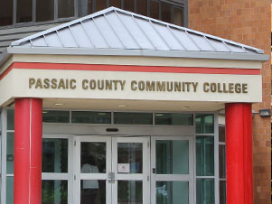
Passaic County Community College
1 College Blvd, Paterson, NJ 07505, United States
Phone: (973) 341-1600
Email: admissions@pccc.edu
Website: https://pccc.edu/admissions/
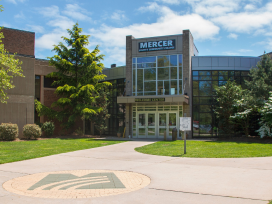
Mercer County Community College
1200 Old Trenton Rd, West Windsor Township, NJ 08550, United States
Phone: 609-586-4800
Email: admiss@mccc.edu

Warren County Community College
475 NJ-57, Washington, NJ 07882, United States
Phone: (908) 835-2300
Email: StudentServices@warren.edu

Hudson County Community College
70 Sip Ave, Jersey City, NJ 07306, United States
Phone: (201) 714-7200
Email: col@hccc.edu

Bergen Community College
400 Paramus Rd, Paramus, NJ 07652, United States
Phone: (201) 447-7200
Email: admissions@bergen.edu
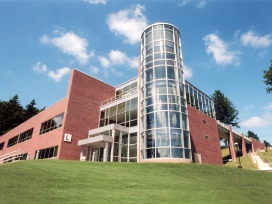
Sussex County Community College
1 College Hill Rd, Newton, NJ 07860, United States
Phone: 973-300-2223
Email: admissions@sussex.edu
Website: https://www.sussex.edu/admissions/
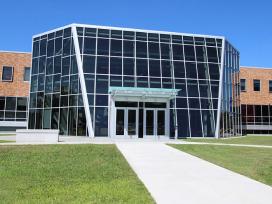
Camden County College
200 N Broadway, Camden, NJ 08102, United States
Phone: (856) 227-7200
Email: admissions@camdencc.edu
Website: https://www.camdencc.edu/admissions-financial-aid/how-to-apply/
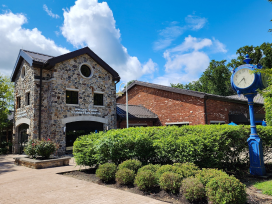
Brookdale Community College
765 Newman Springs Rd, Lincroft, NJ 07738, United States
Phone: 732-224-1857
Email: admissions@brookdalecc.edu
Website: https://www.brookdalecc.edu/admissions/getting-started/

Essex County College
303 University Ave, Newark, NJ 07102, United States
Phone: (973) 877-3186
Email: ESX@essex.edu
Website: https://www.essex.edu/admissions/

Salem Community College
460 Hollywood Ave, Carneys Point, NJ 08069, United States
Phone: 856-299-2100
Email: admissions@salemcc.edu
Website: https://www.salemcc.edu/admissions
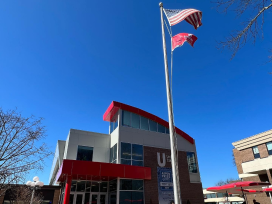
Union College of Union County, NJ
1033 Springfield Ave, Cranford, NJ 07016, United States
Phone: 908-709-7590
Email: denisa.klinkova-bace@ucc.edu
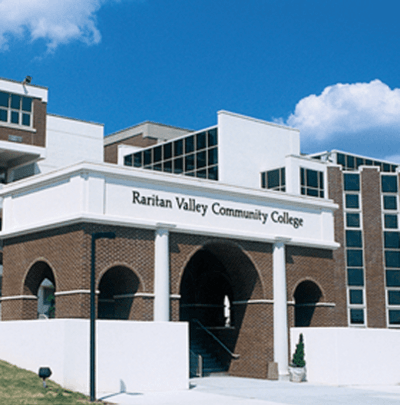
Raritan Valley Community College
118 Lamington Rd, Branchburg, NJ 08876, United States
Phone: 908-526-1200
Email: admissions@raritanval.edu

Atlantic Cape Community College
5100 Black Horse Pike, Mays Landing, NJ 08330, United States
Phone: (609) 343-5000
Email: admissions@atlantic.edu
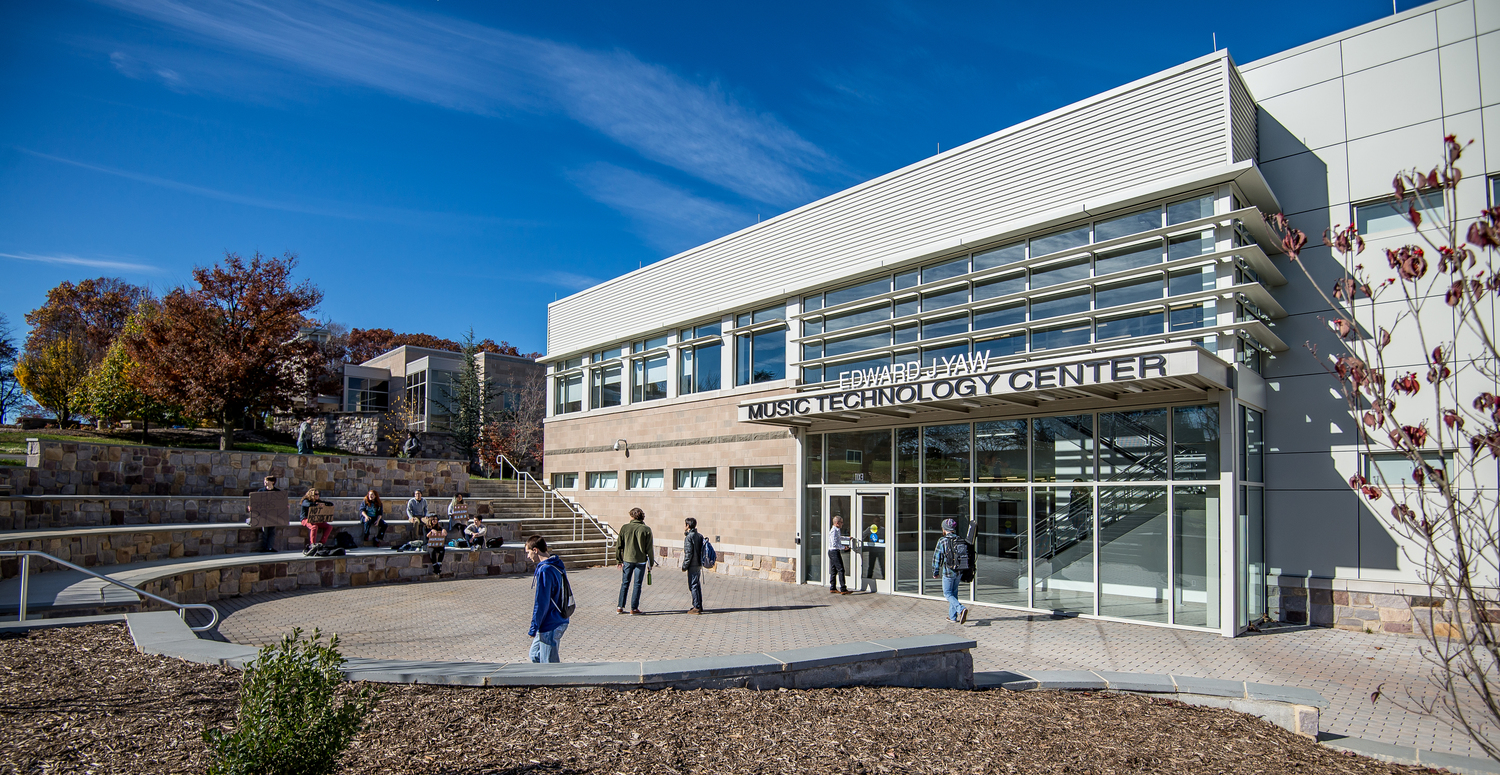
County College of Morris
214 Center Grove Rd, Randolph, NJ 07869, United States
Phone: 973-328-5100
Email: admiss@ccm.edu
Website: https://www.ccm.edu/admissions/
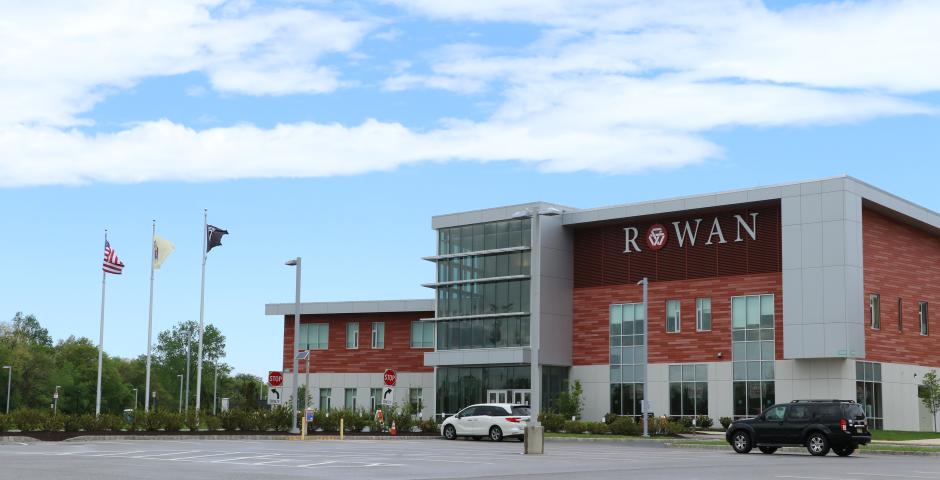
Rowan College at Burlington County
900 College Circle, Mount Laurel, New Jersey 08054
Phone: (856) 222-9311, ext. 1199
Email: admissions@rcbc.edu
Website: https://www.rcbc.edu/admissions
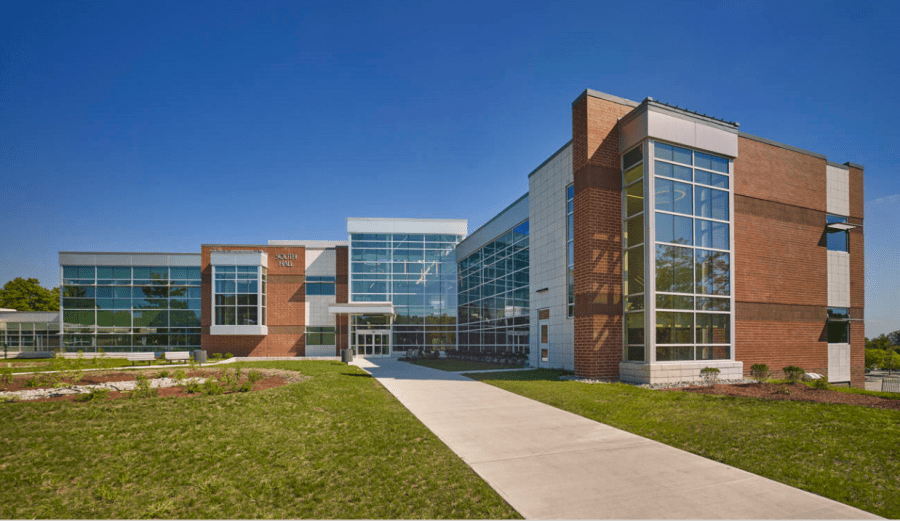
Middlesex College
2600 Woodbridge Avenue, Edison, NJ 08818
Phone: 732-548-6000
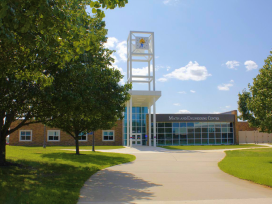
Rowan College of South Jersey
1400 Tanyard Road, Sewell, NJ 08080 (Gloucester); 3322 College Drive, Vineland, NJ 08360 (Cumberland)
Phone: 856-200-4848
Email: admissions@rcsj.edu
Website: https://www.rcsj.edu/apply
